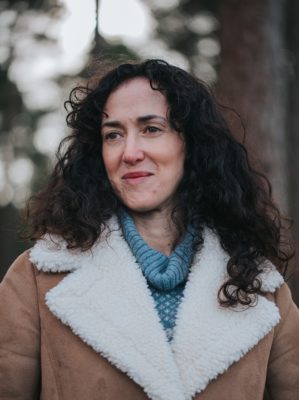
When I was very young, I wanted to be a novelist. I lived in books, and, as a teenager, I’d noticed that a lot of poets and novelists I loved, from Donne to Tolkien, had gone to Oxford…
When I was very young, I wanted to be a novelist. I lived in books, and, as a teenager, I’d noticed that a lot of poets and novelists I loved, from Donne to Tolkien, had gone to Oxford. As I was home-loving, and Oxford was a nearby city, and the one I’d been born in, it felt at once distant and somehow accessible. Originally, I was torn between Anthropology and Archaeology, and English Literature and Language. I plumped for the latter, but there was always an inner anthropologist struggling to get out throughout my degree.
When I came to decide on a college, I was motivated in part by a track record in accepting kids, like me, from state schools. Oxford has done a lot to equalise opportunities since I applied, but, back then, it still seemed a good idea to find a college with positive rates of taking state school students. I was also keen on finding a female tutor, and Jeri Johnson, with Helen Spencer, were the tutors in English, along with the brilliant Marilyn Butler, who was Rector of our college. However, it was probably the final piece of knowledge that Tolkien had studied there that tipped the balance for me…Now, of course, Exeter is famous for another crossover children’s author, Philip Pullman. I wonder who will follow in his footsteps to keep the tradition alive?
I had a great time at Oxford, with all the usual emotional ups and downs that young adults face. It can be a challenging stage of life, and young people are under even more pressure nowadays. I feel very grateful we did not have social media back then. I would rather have a book than an iPhone in my hand any day!
After I graduated, I worked initially in the creative arts, writing poetry and making music. I published a collection of poems, and adapted the Anne Frank diaries for a large-scale choral work that is still performed extensively today.
Nevertheless, my early interest in anthropology took over, and I ended up focusing on the relationship of humans to the rest of the living world. I published my first nonfiction book, On Extinction, in 2011, after research trips to the Arctic and Antarctica. A new and revised edition came out this year. I’ve just published a new book, the result of nearly a decade’s research, called How to Be Animal: A new history of what it means to be human, which is all about the struggle we have, physically, psychologically, morally, with being an animal, and why that matters now. I like to think that the Great Debate in Oxford is still alive. People still haven’t accepted what Darwin tried to show us.
